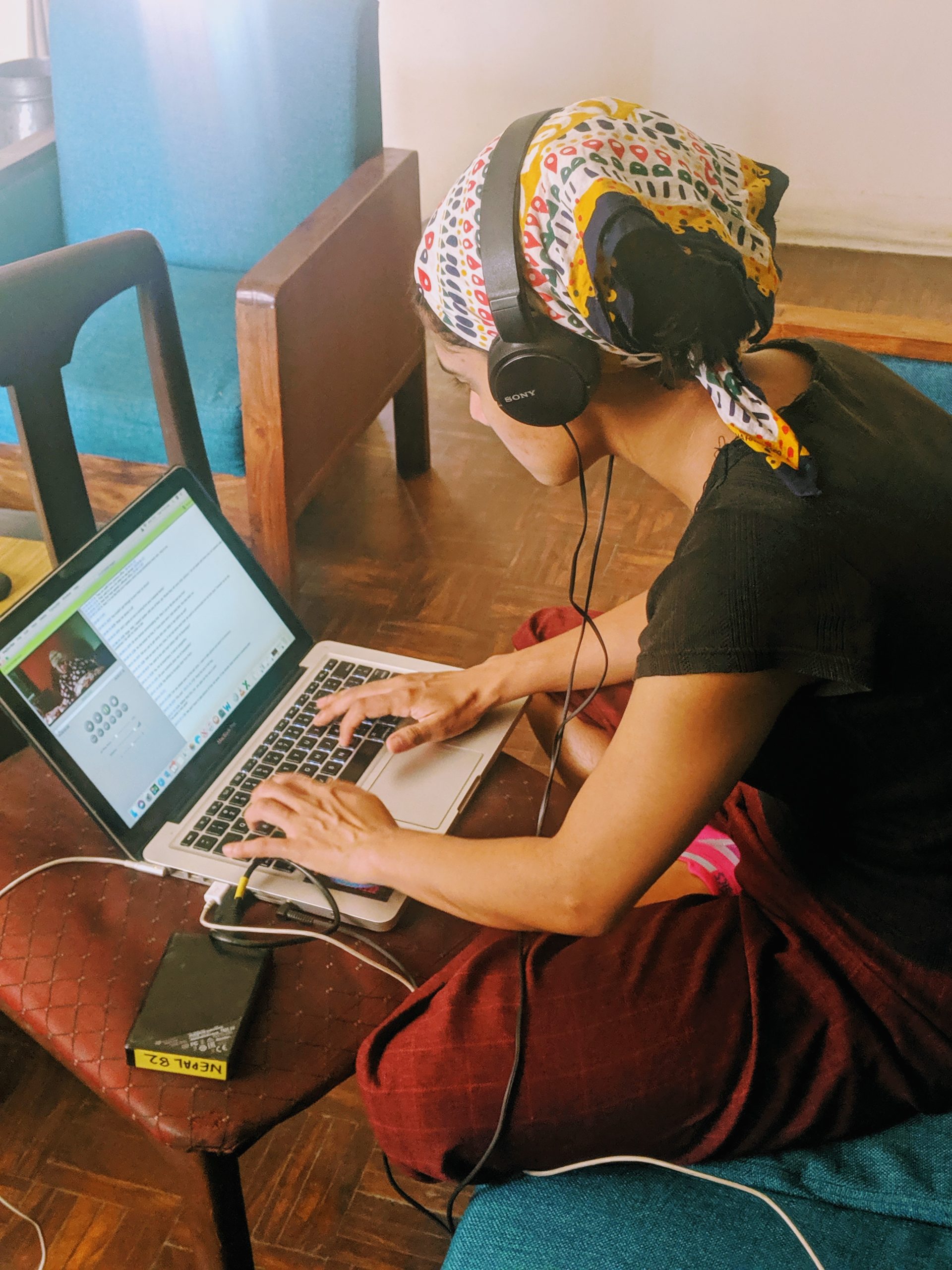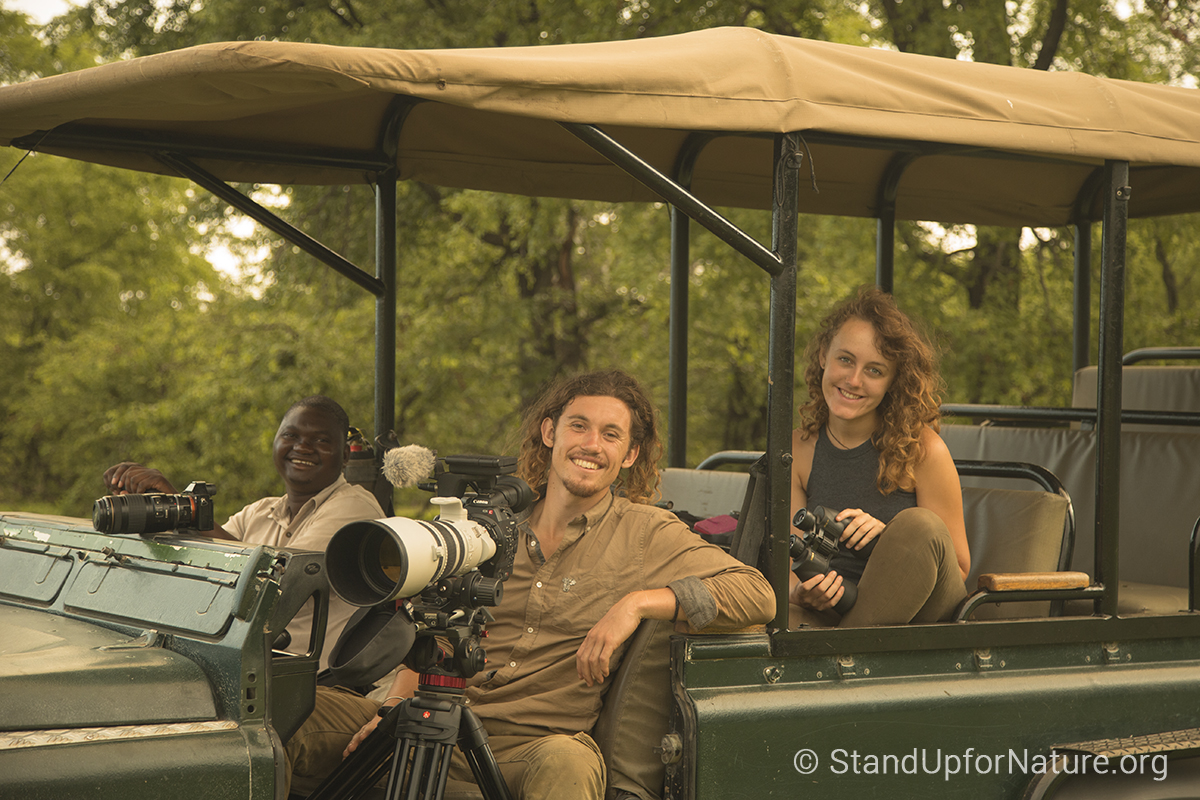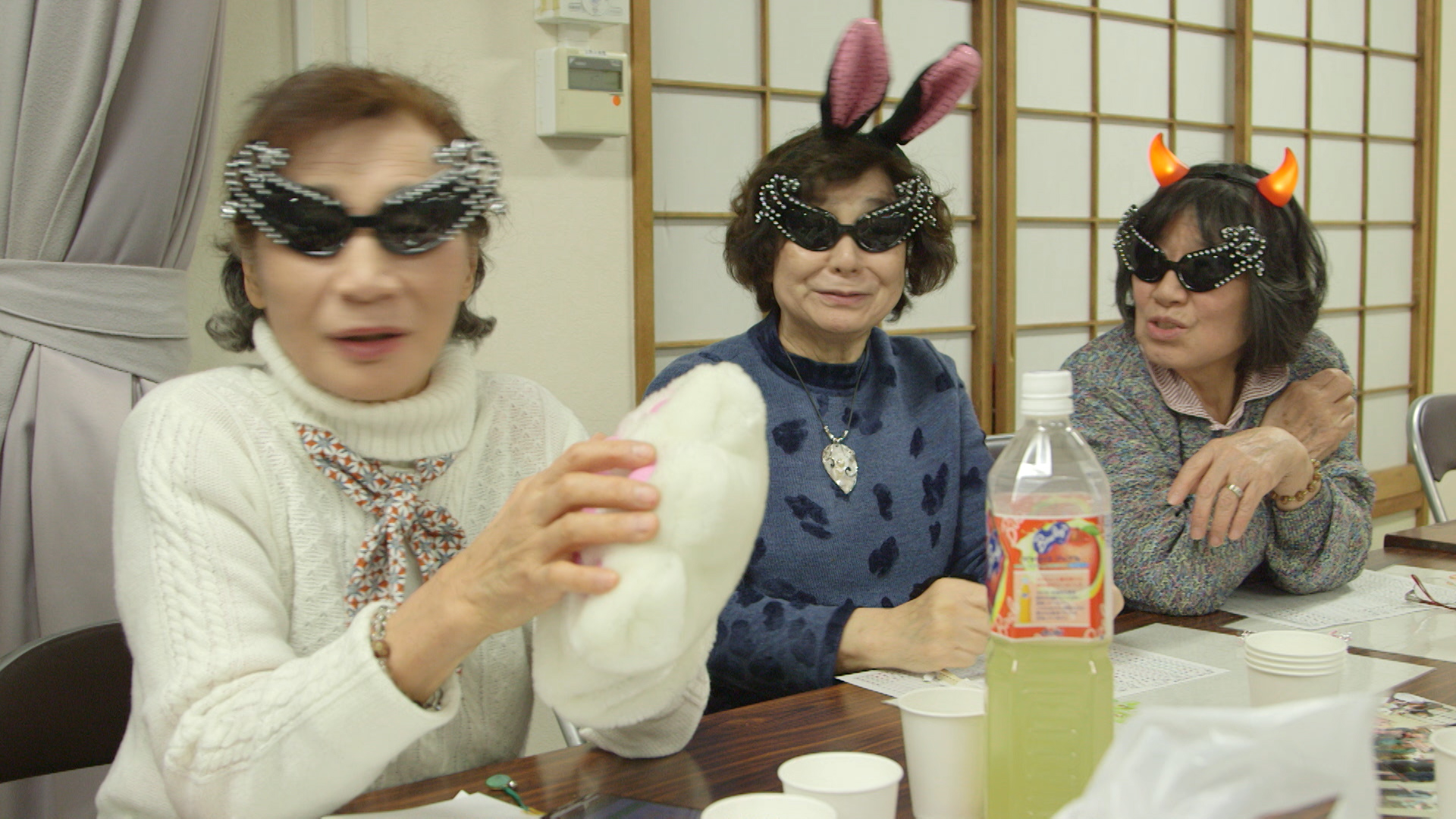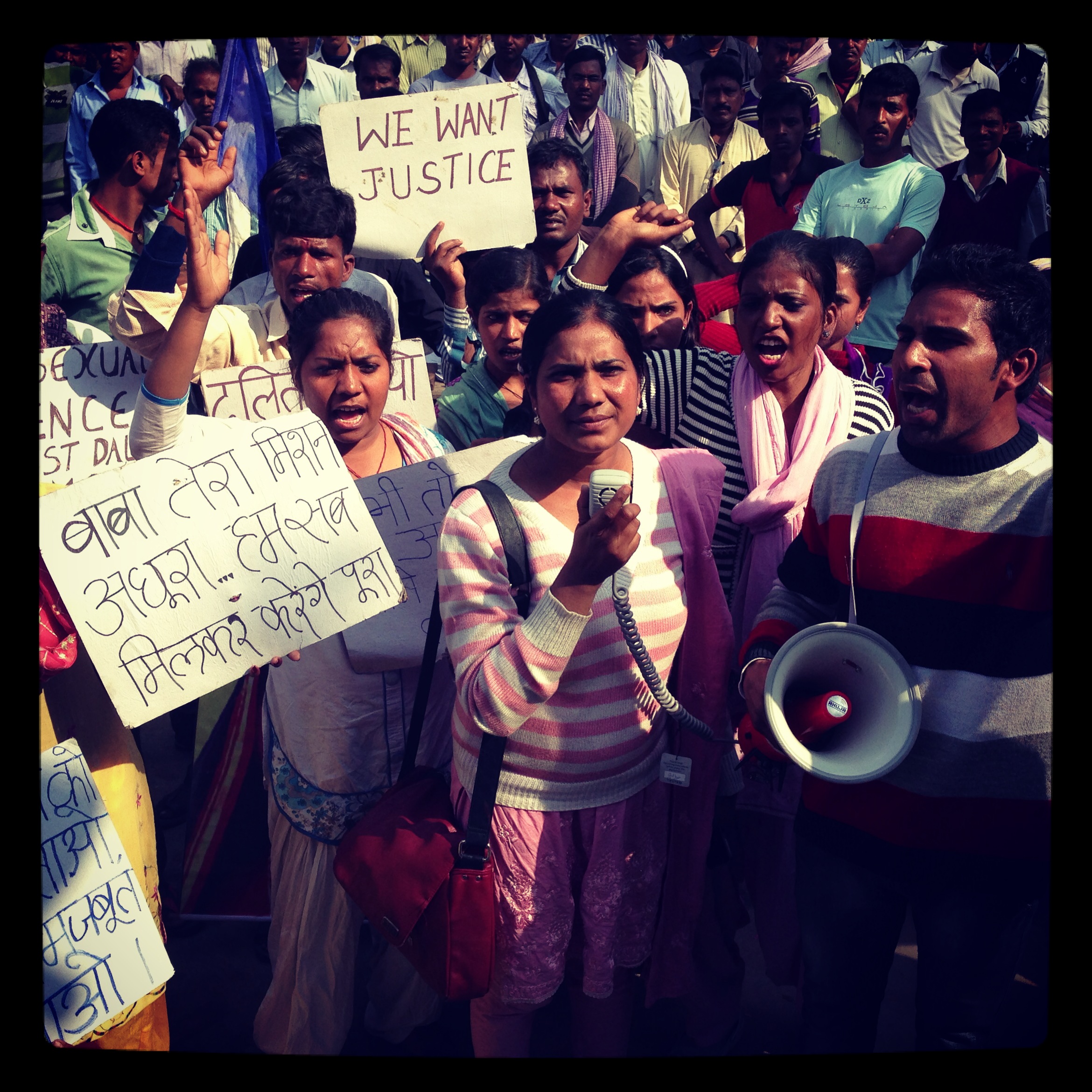If you live in a small community and speak a regional language, it’s difficult for your story to get out. Aliana uses InqScribe to translate the experiences of Nepali burn victims to a wider audience.
By: Aliana Monodee, a documentary filmmaker with Tribhuvan University
In Nepal, many women suffer discrimination based on caste and gender. This discrimination can be expressed with social practices like dowry, or with physical violence like burn punishment. For our documentary, we’ve filmed over half a dozen burn survivors, some of whom are struggling to come to terms with what happened to them, and some who have rebuilt their lives with newfound dignity.
Nepal has over 100 different ethnic and regional languages, some of which are already endangered. This makes our filmmaking a challenge. It was important to give our characters the freedom to speak in the language in which they are most comfortable. But, because we’re filming intimate domestic conversations, family gatherings and ritualistic ceremonies, hiring extra field translators would have been intrusive.
To solve this problem, my small team of translators and I have been using InqScribe to transcribe our testimonies into English after filming. Prior to finding InqScribe, we tried using Premiere Pro to note down timecodes on a Word document, and had to repeatedly press play and pause. Now, thanks to InqScribe’s shortcuts, it’s easier to mark the beginning timecode, translate, and then mark the end timecode. Our team can translate each sentence without losing track of what is being said. InqScribe also saves me a lot of time during the footage review process, since we don’t have to break down long paragraphs of a separate translation.
Aliana Monodee is a filmmaker with 10+ years experience working with nonprofits in the UK and internationally. Her areas of interest include women’s rights, gender, and identity. She is currently producing documentary films in collaboration with the Department of Anthropology at Tribhuvan University in Kathmandu, Nepal.
Thanks Aliana! If you have questions about how InqScribe can fit into your filmmaking workflow, send us at email at support@inqscribe.com.






